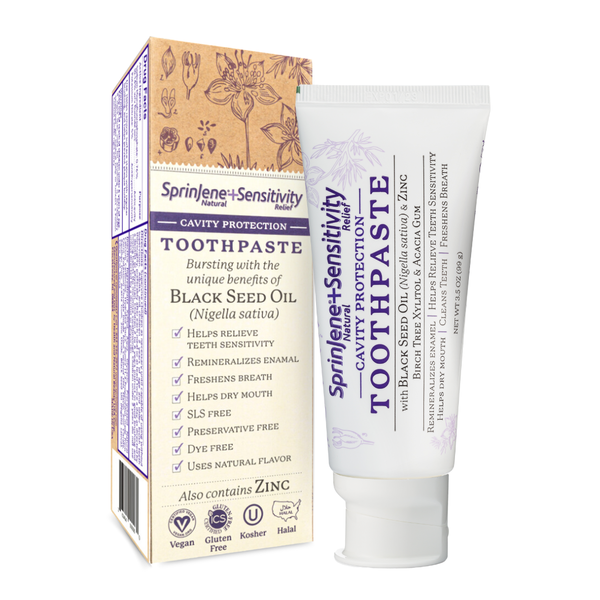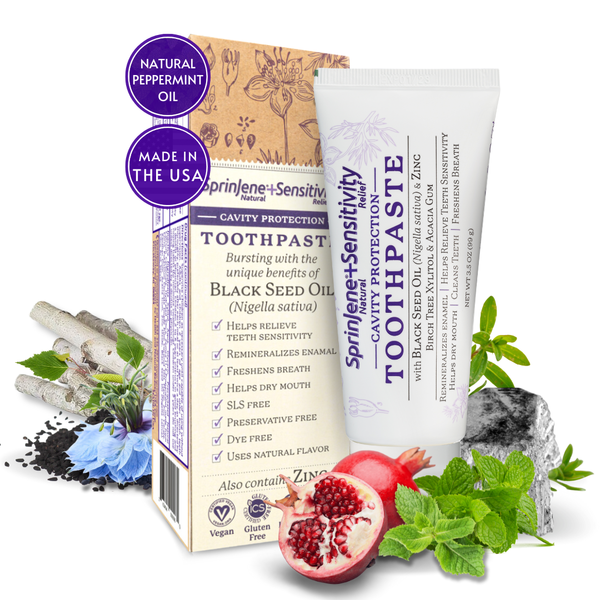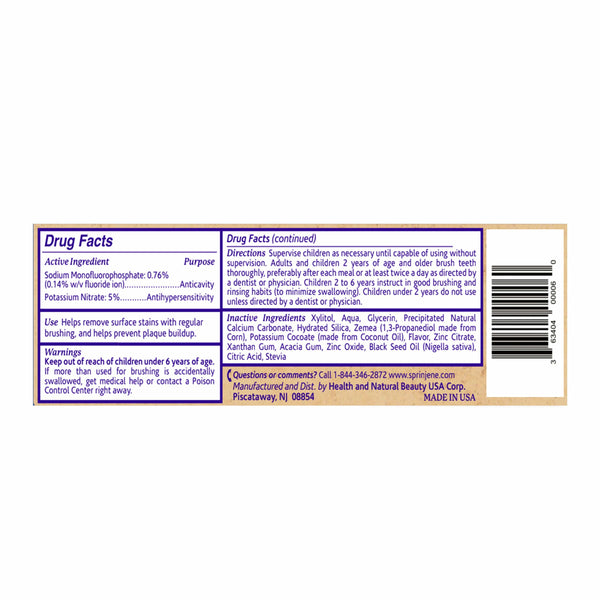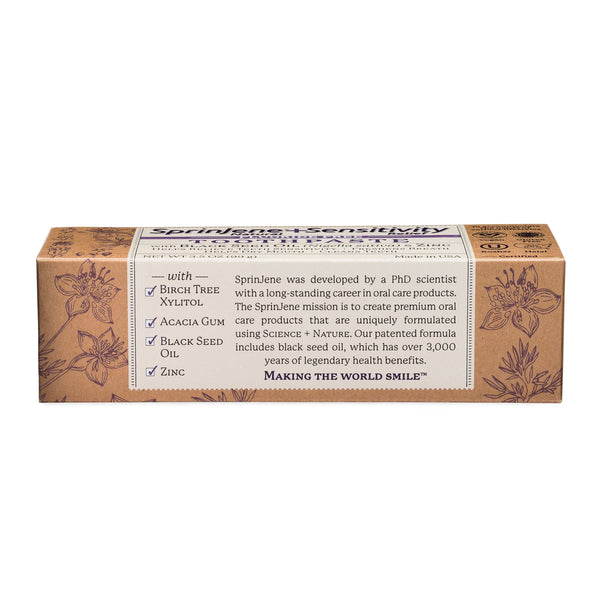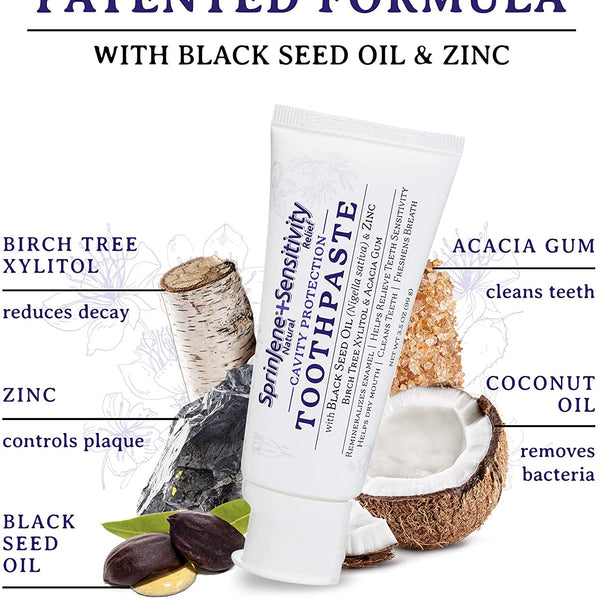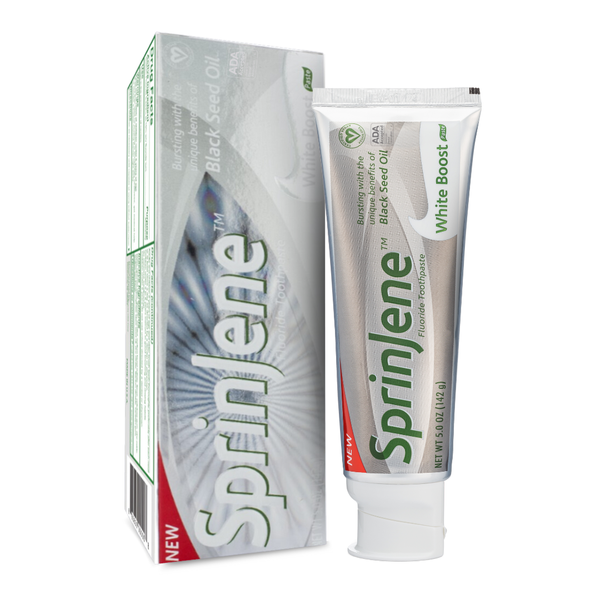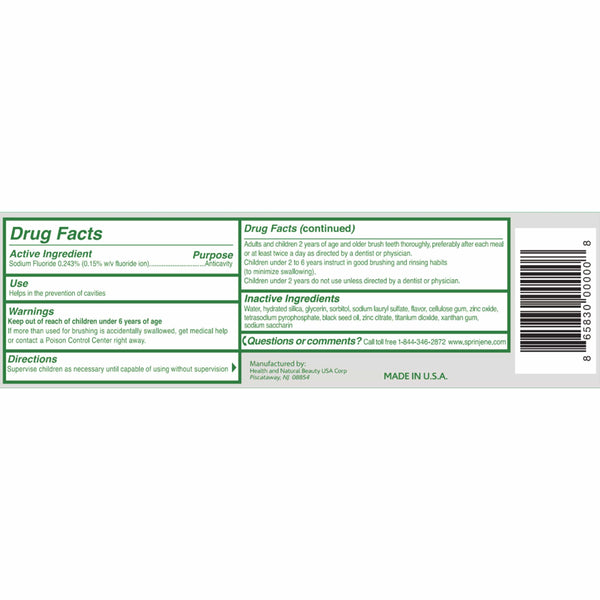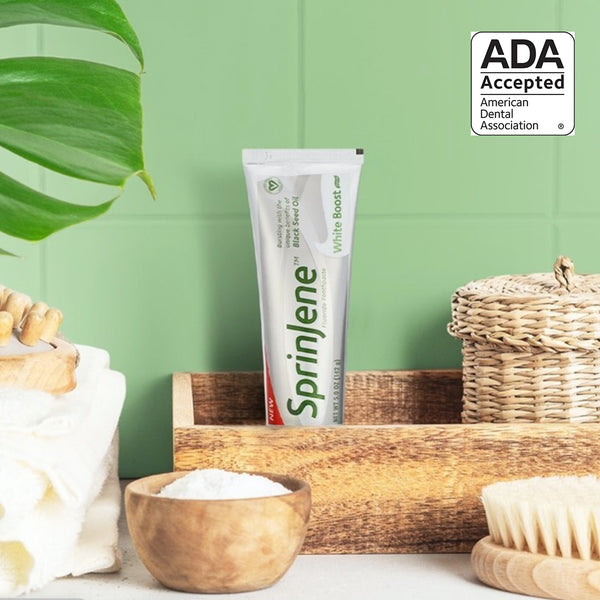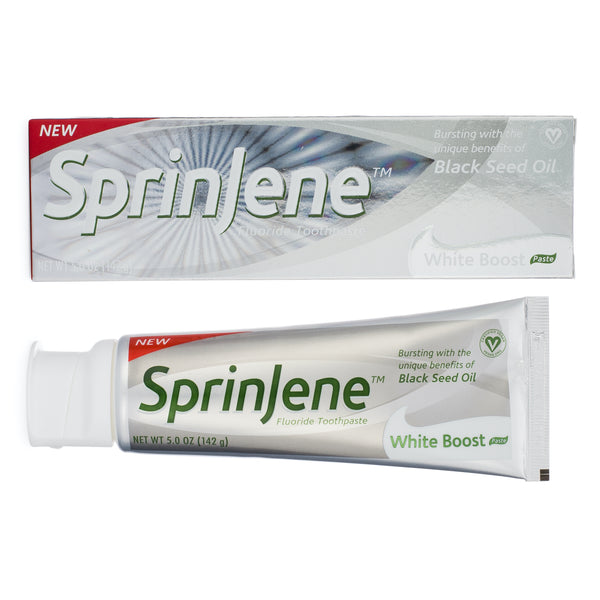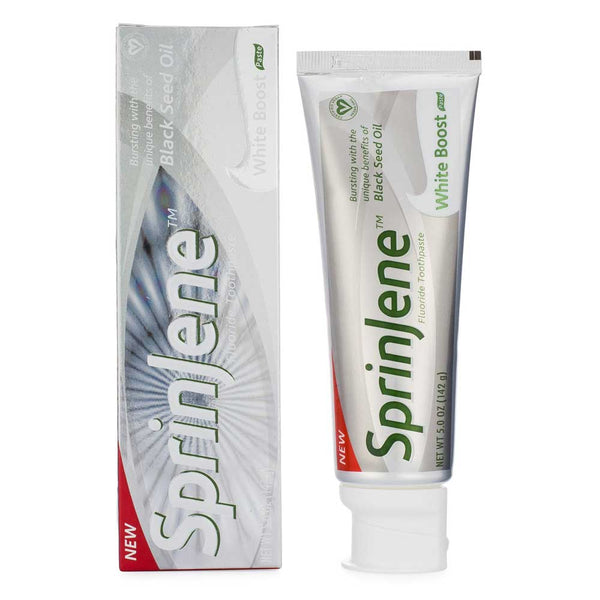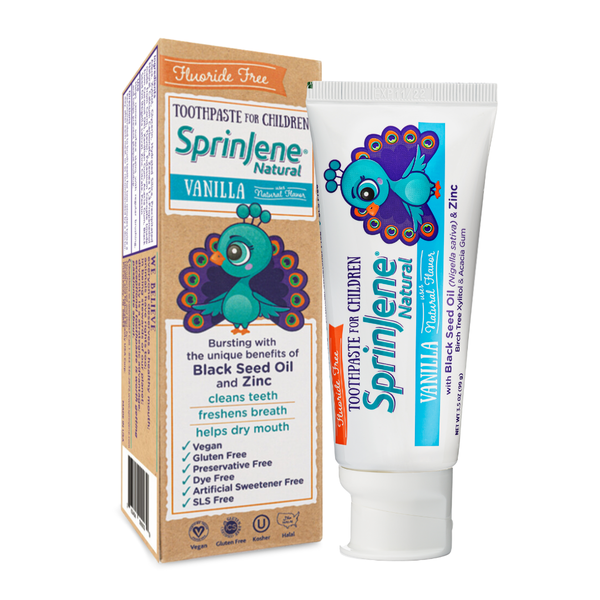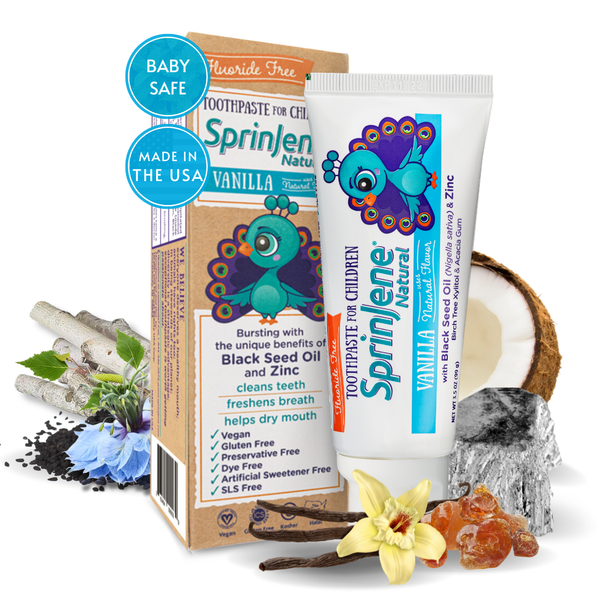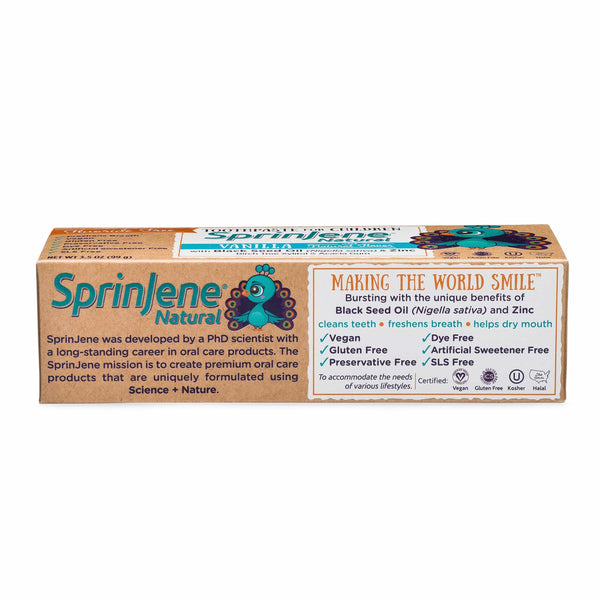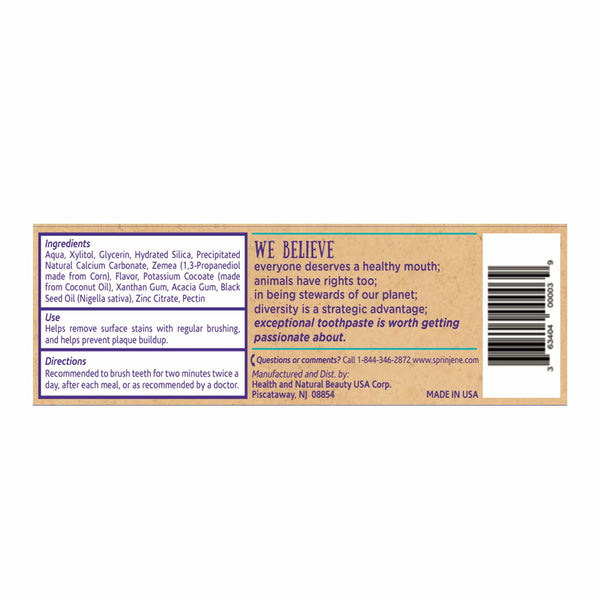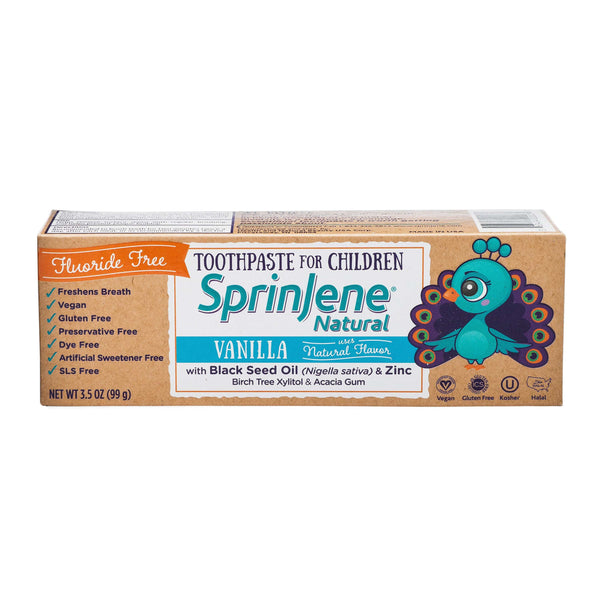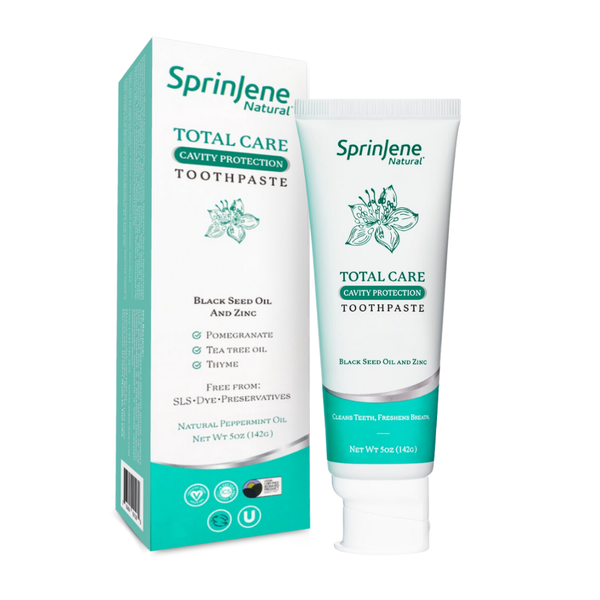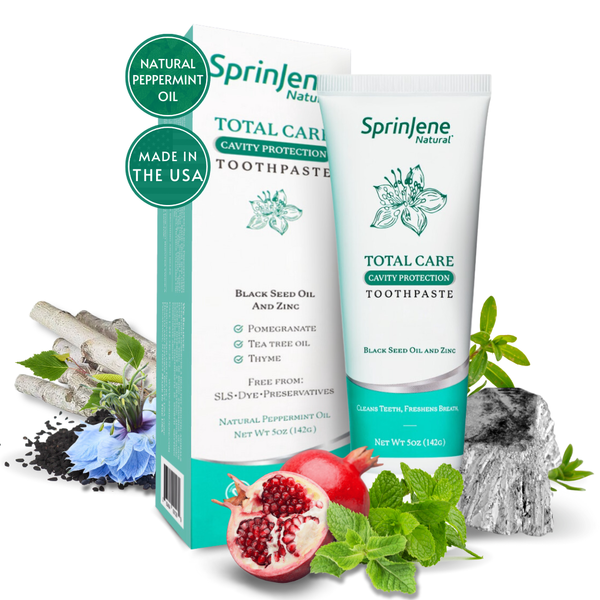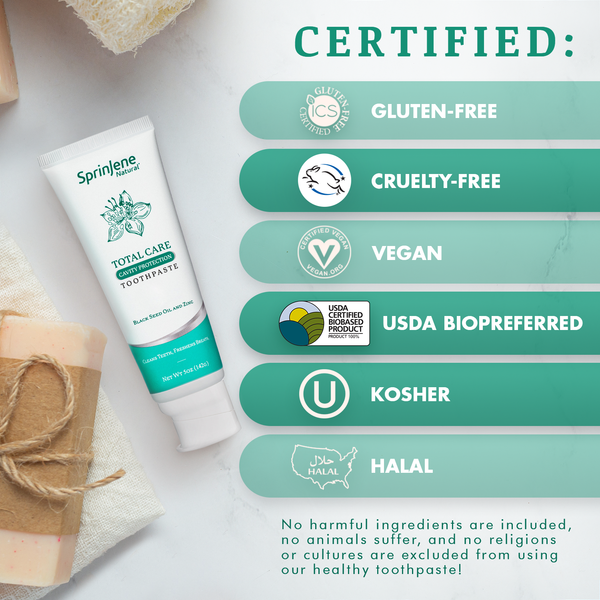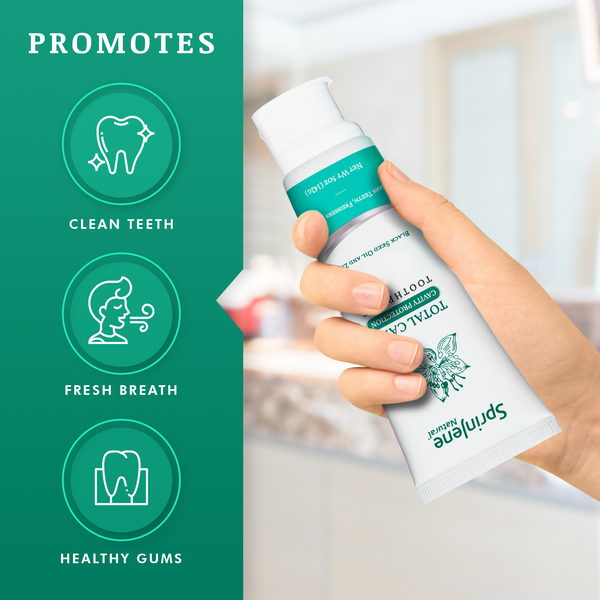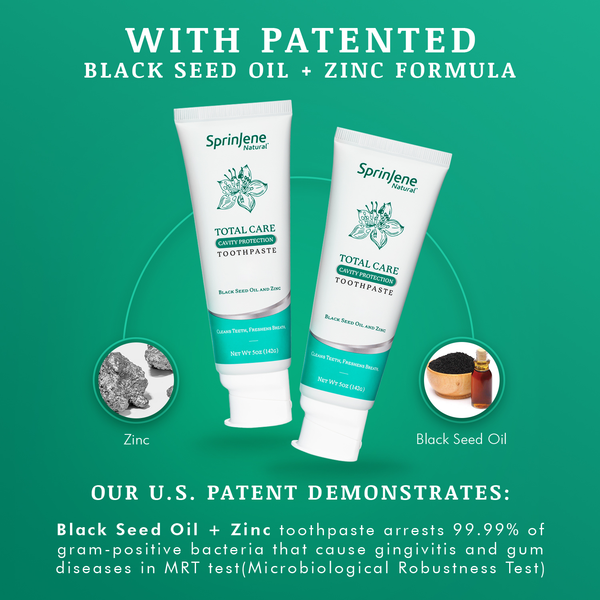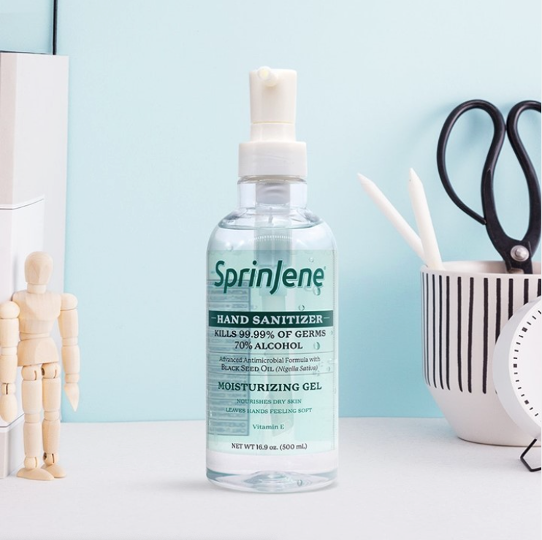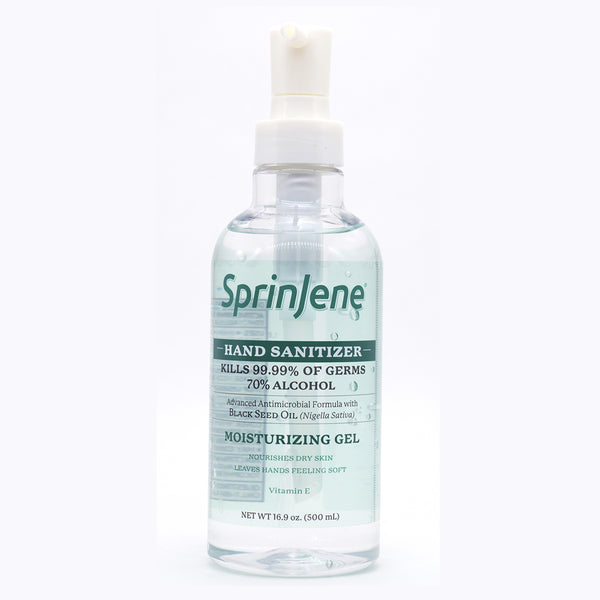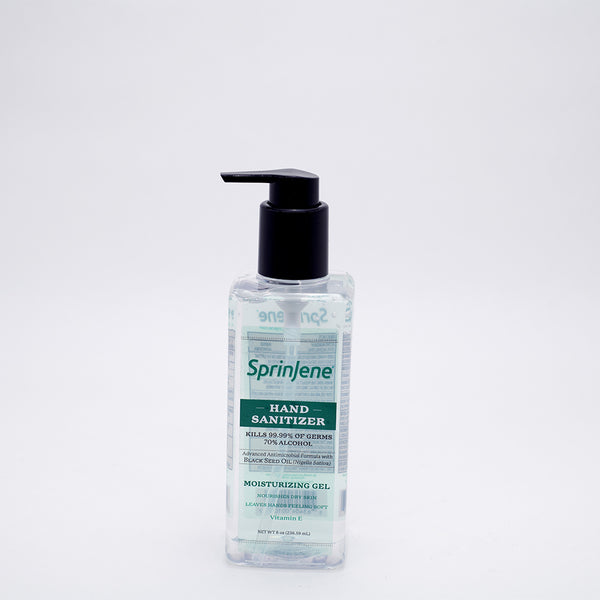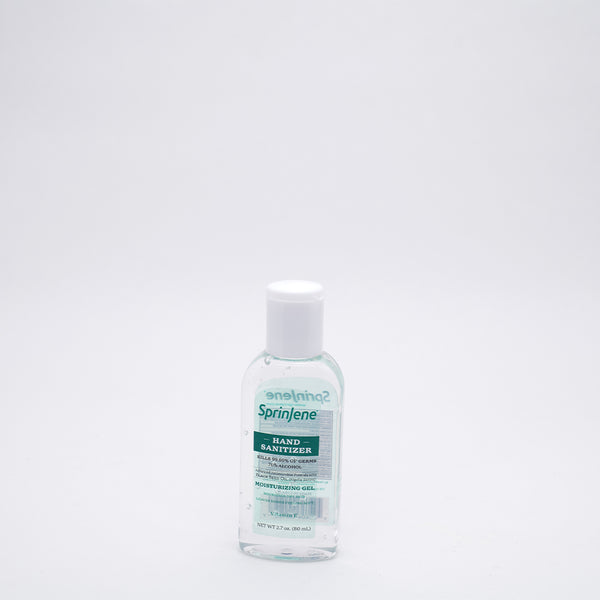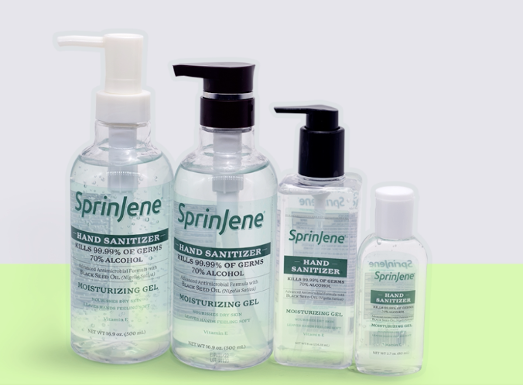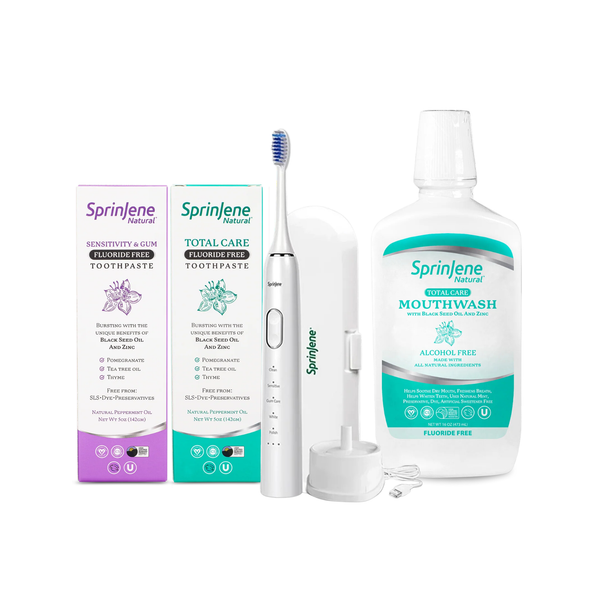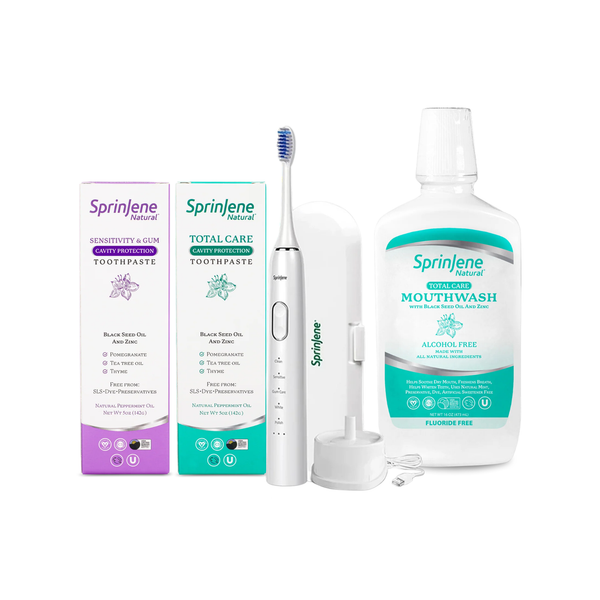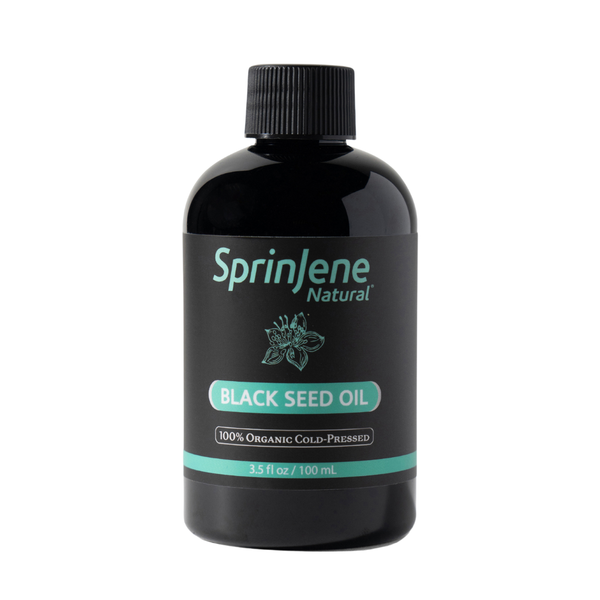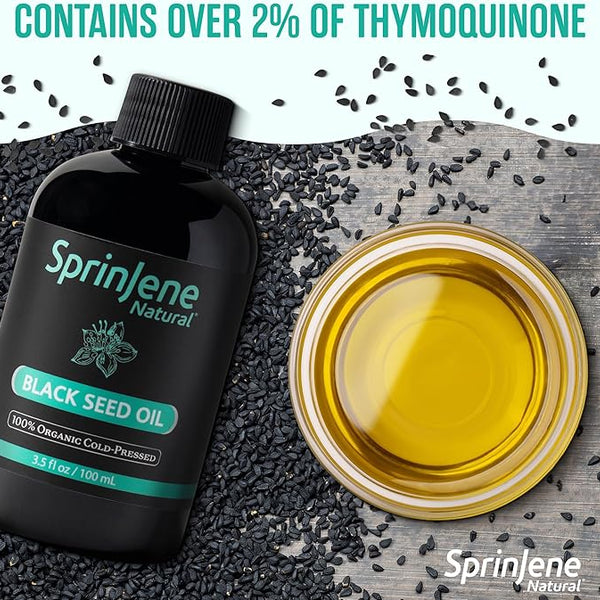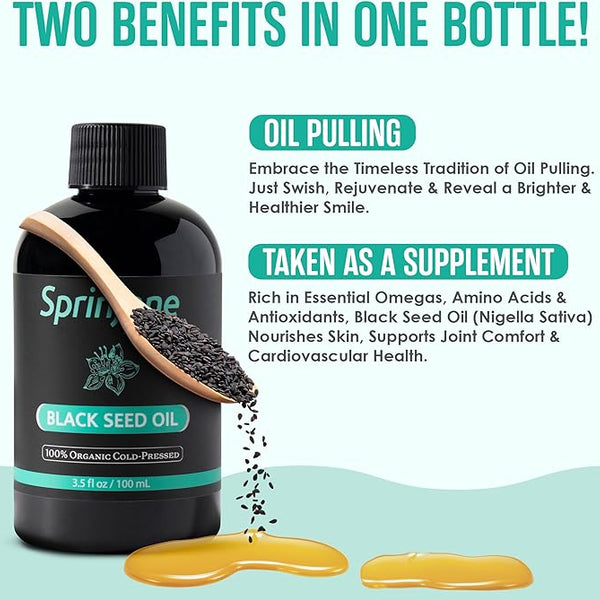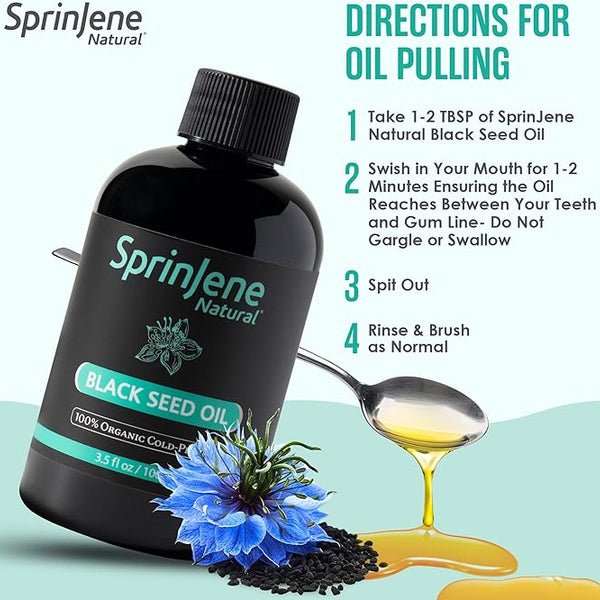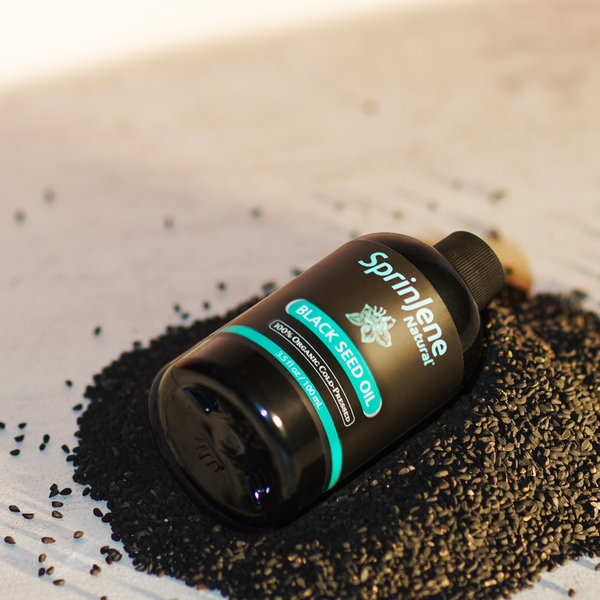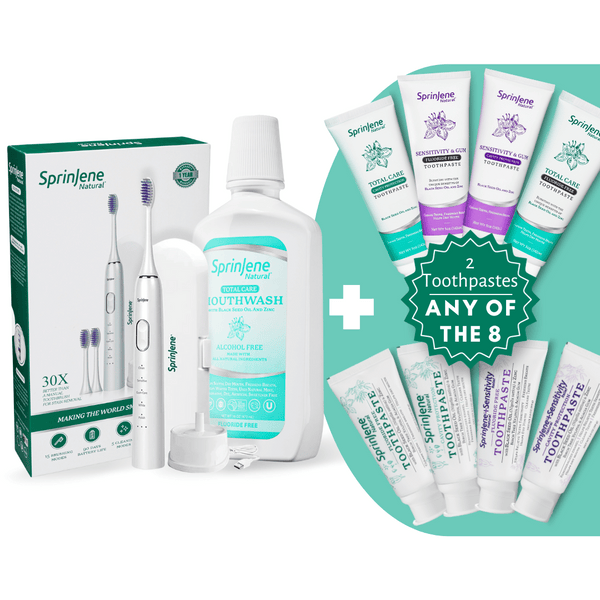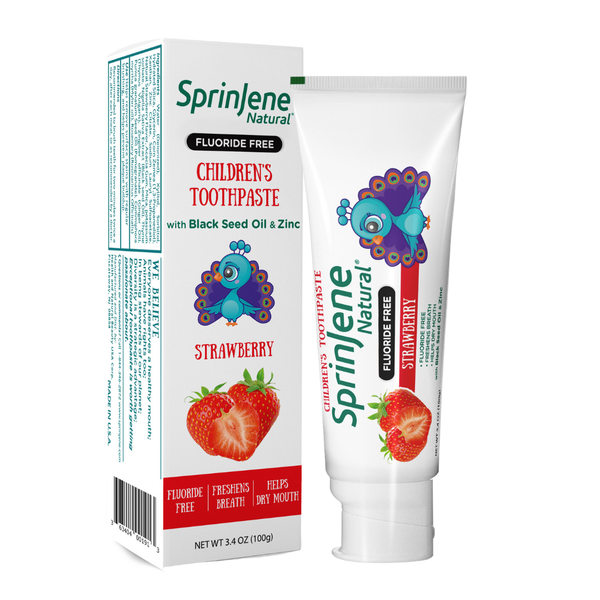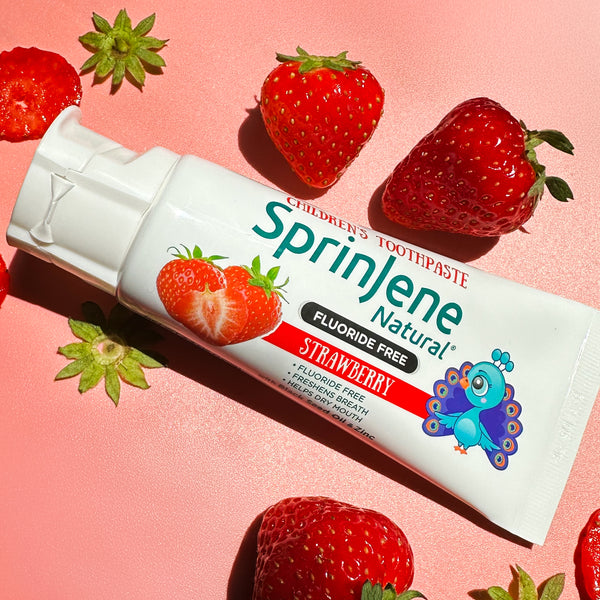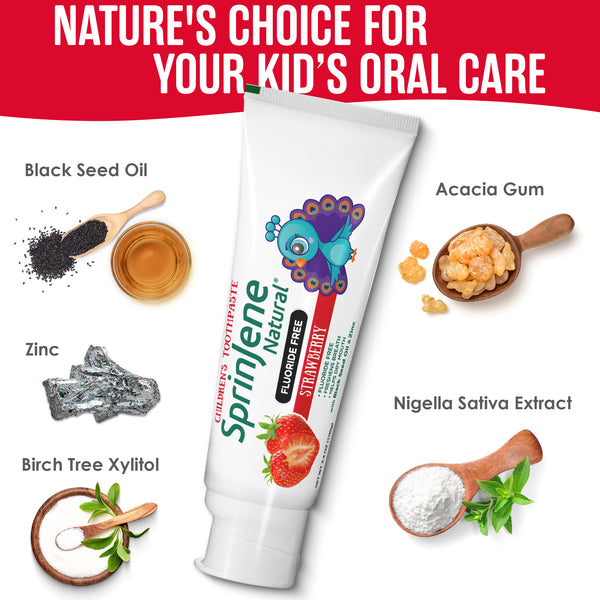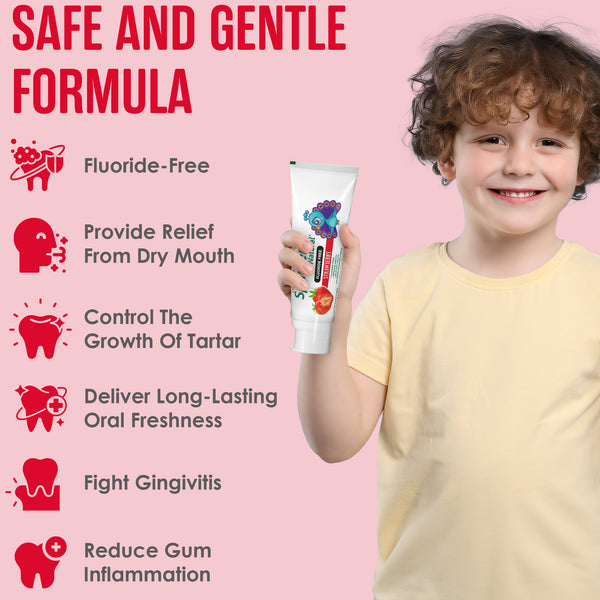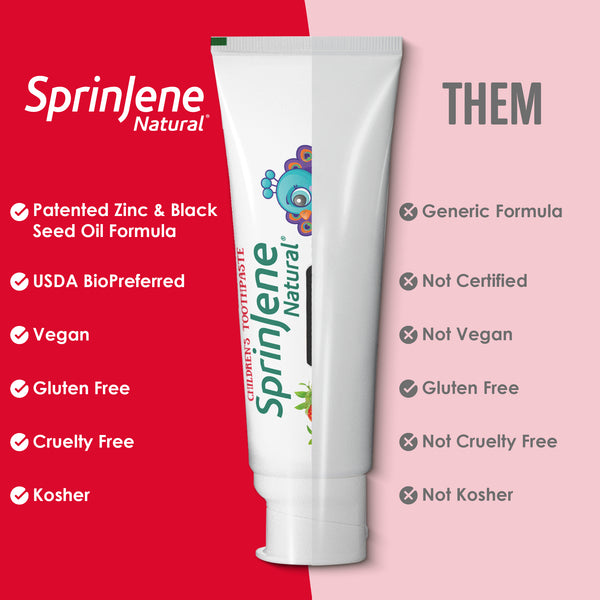
According to Cancer Research UK there were 17 million new cases of cancer worldwide in 2018. The four most common cancers occurring worldwide are lung, female breast, bowel and prostate cancer. These four account for more than four in ten of all cancers diagnosed worldwide. It is predicted that there will be 27.5 million new cases of cancer each year all over the world by 2040. If our mouths are the ‘window to the body’ it is important we treat the body holistically, not only the area of cancer that is affected.
The Difference Between Chemotherapy and Radiotherapy
Chemotherapy:
According to Macmillan Cancer Support
‘Chemotherapy uses anti-cancer (cytotoxic) drugs to destroy cancer cells. The drugs also affect healthy cells, causing side effects such as feeling sick or an increased risk of infection. Unlike cancer cells these cells usually repair themselves. Most side effects improve when treatment is finished.
Chemotherapy can be given as the main treatment or after other treatments have been done to reduce the risk of the cancer coming back. Or, you may have it to shrink a cancer before surgery or radiotherapy. It is sometimes combined with radiotherapy (chemoradiation). Chemotherapy is also given to control cancer that has spread and to relieve symptoms’.
Radiotherapy:
According to Macmillan Cancer Support
‘Radiotherapy uses high-energy rays to treat disease. It can be given both externally and internally.
- External radiotherapy aims high-energy x-rays at the affected area using a large machine.
- Internal radiotherapy involves having radioactive material placed inside the body.
Radiotherapy works by destroying cancer cells in the area that's being treated. Normal cells can also be damaged by radiotherapy, which may cause side effects’
Preparing Patients
So how do we prepare patients before treatment starts? The priority is to help the patient to reach the end of their treatment with as little damage to the oral cavity as possible. It is important at this early stage of diagnosis that we are mindful of our patients' thoughts and feelings. We also have to understand that some patients may be reluctant to take advice as they may be psychologically affected and overawed.
The risks of the side effect of treatments need to be explained to patients, and although not all these can be avoided, they can be minimized by following advice that can be given by the dental team. The added complication to also consider is the individual reactivity of each patient to the chemicals and therapies and must be taken into account.
Xerostomia
Xerostomia or dry mouth is when there is little or no salivary flow in the patients’ mouth. This makes chewing, speech and swallowing difficult. Saliva is important as it contains the enzymes lipase and amylase for balancing the mouth and breakdown of lipids to initiate the process of digestion.
Infection
Oral mucositis is caused by the imbalance of pH in the oral cavity allowing candida albicans to proliferate due to the weakened patient's immunity.
Burning, swelling or peeling of the tongue
This may be more common in patients who have been treated for a head and/or neck cancer. It is a nasty side effect as nerve endings can be damaged through treatment. Burning mouth can be a long term issue for the patient to manage. Hot and spicy foods will need to be avoided.
Change of taste
This may also be more common in patients who have been treated for a head and/or neck cancer. Due to damage and destruction of the patient's taste buds this may or may not be a long term effect of treatment.
Decay
Due to decreased salivary flow, high acidic environment there is a high risk of caries or tooth decay in these patients, especially root caries.
Dental treatment options to be considered before patient treatment starts
- The patient should be educated about and encouraged to follow a good controlled diet
- Extractions of any vulnerable teeth should be completed before radiotherapy as post treatment extractions may result in bone necrosis
- Two weeks before treatment patients are encouraged to maintain excellent oral hygiene to reduce oral bacterial load. This is done by brushing with good fluoride, SLS free and antibacterial tooth paste, using an anti bacterial mouthwash preferably one with chlorhexidane
Beneficial Aids for Cancer Patients
- Toothpaste
The following ingredients are recommended in toothpaste to be used by cancer patients:
- Fluoride: Public Health England (PHE) –Delivering better oral health: an evidence-based toolkit for prevention, third edition, 2014 recommends high fluoride toothpastes. Cancer patients with a lack of saliva are categorized as high risk of coronal caries and root caries because of the lack of saliva.
- Non-flavoured and SLS free: fluoride toothpaste. The use of SLS free toothpastes may reduce the incidence of oral ulcers.
- Natural enzymes and xylitol
- Fluoride varnish treatment
For high risk patients Public Health England recommend a high fluoride varnish to be applied professionally to the teeth and any exposed root surfaces at six monthly intervals.
- Toothbrush
A patient may or may not be able to manage a toothbrush. An electric toothbrush is ideal but anything in the mouth may be too tender. To help a patient achieve good plaque control it is important to find a brush which a patient can manage in their mouth.
- Mouth rinses
If a patient is not able to tolerate a toothbrush or toothpaste, then another option is a fluoride containing mouth rinse. PHE recommend using a fluoride mouthwash at a different time to brushing as rinsing straight after brushing reduces the beneficial effect of the toothpaste.
- Dry mouth products
Some patients develop a very dry mouth and require mouthwashes and gels purely for lubrication.
- Interdental cleaning
Controlling biofilm in these inaccessible areas is difficult, but should be attempted by patients. Dental floss, Water pick, Airfloss and interdental brushes can be used. They are ideally to be used before tooth brushing to not wash away the benefits of the fluoride toothpaste.
- Chewing gum and sweets
It has been found that saliva production can be stimulated when chewing gum so encouraging the use of sugar free gum and ideally versions that contain xylitol can help with lubricating and reducing decay.
SprinJene Natural Toothpaste uses all natural ingredients in its tooth paste including xylitol. It has 100 percent organic and chemical free ingredients each carefully chosen for their medical and oral health benefits. These include:
Black seed oil - Known to have excellent antimicrobial and anti-inflammatory properties
Zinc- Helps control the growth of bacteria, plaque and tartar thereby promoting healthy gums. ADA Approved
Acacia gum - A natural organic binder
Xylitol and Stevia- non cariogenic natural sweeteners. Xylitol helps promote saliva production and prevents tooth decay. It is also ADA approved.
Coconut oil - Helps lubricate oral surfaces to bring comfort to dry mouth sufferers and may help to prevent tooth decay after some enzyme digestion.
Green apple and Mint extracts - Taste modifiers with cooling sensation.
Aqua - Solvent to solubilize salts. Formulation aid.
Silica- Natural abrasives to assist stain removal.
There is a wide range of options to choose from to suit each individual’s needs. Ranging from 7 kinds of fluoride tooth pastes and 2 without fluoride. Flavors including green apple, mint, water melon and vanilla. There is also a selection of whitening toothpastes with added abrasives for stain removal and another variety for sensitive teeth. SprinJene Natural Toothpaste takes pride in being Vegan, Kosher, Halal and Cruelty free. It is also Gluten free for those suffering from gluten allergies.
References
- Harding, J. Dental care of cancer patients before, duringand after BDJ Team 4, 17008 (2017). https://doi.org/10.1038/bdjteam.2017.8
- http://www.macmillan.org.uk/
- DOIhttps://doi.org/10.1038/bdjteam.2017.8
- Cancer Research UK, https://www.cancerresearchuk.org/health-professional/cancer-statistics/worldwide-cancer#:~:text=There%20were%2017%20million%20new,cancer%20each%20year%20by%202040 sept 2020.




